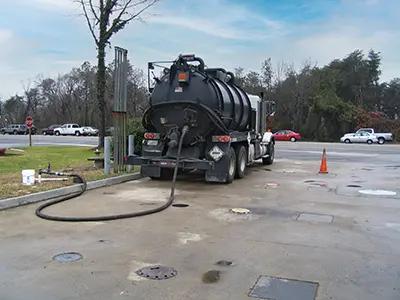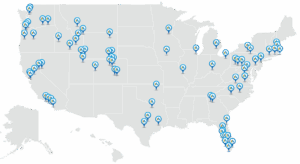Convenience Store Investigation and Remediation
Confidential Regional Gas Station and Convenience Store Chain • Gloucester, VA
Solution Overview

Client:
Confidential regional gas station and convenience store chain
Business Challenge:
- Significant off-site impacts from a leaking underground storage tank (UST)
- Remediate both on-site impacts and prevent further impacts to sensitive off‑site receptors
Solution:
- Coordinate closely with regulators and adjacent property owners to gain access for remediation activities
Results:
- Streamlined remediation and closure activities
- No further action required at the site
- Restoration of site and off-site properties to complete satisfaction of Virginia Department of Environmental Quality (VA DEQ)
Challenge
When a release of gasoline from an UST system at a retail gasoline station occurred, the client needed to both investigate and remediate the impacts to on-site soil and groundwater.
The project’s scope initially involved a site inspection, gauging and screening of tank‑basin observation wells, and screening storm drain inlets. Following the initial site inspection, investigation of the source included an internal inspection that determined the release was from an internal failure of the UST.
Solution
Through coordination with the VA DEQ’s case manager, Apex Companies performed a subsurface investigation and site characterization. This included nine soil borings, six of which were completed as groundwater monitoring wells. Dissolved-phase gasoline compounds were detected in each of the monitoring wells, and free-phase gasoline was detected in five of the six monitoring wells. Two supply wells used for drinking water purposes identified through the receptor survey—one upgradient and one downgradient—were sampled and did not yield any gasoline compounds at or above laboratory detection limits; however, based on plume migration modeling, it was determined that downgradient supply wells could be at risk should the plume migration not be mitigated. Apex recommended additional investigation to further delineate the plume and the development of a corrective action plan (CAP) to address free-phase and dissolved‑phase gasoline at the site.
A total of four Site Characterization Report Addendums (SCRA) were submitted to DEQ and included details concerning the installation of 18 additional monitoring wells (on- and off-site), recovery well installations, free product recovery, a remediation technology assessment, quarterly groundwater sampling, soil vapor sampling, hydrogeologic testing, risk assessment, and alternate water supply for an impacted residence. The soil gas data indicated that vapor-phase gasoline intrusion into an off-site building was a risk.
Prior to CAP implementation and as an interim measure, Apex completed 18 free product recovery events at the site using manual bailing and aggressive fluid/vapor recovery that recovered up to an estimated 4K gallons of gasoline from the subsurface. Apex developed the CAP and as part of CAP implementation, installed a subgrade recovery network using conventional and trenchless technologies on an adjacent property to remediate the free- and dissolved-phase plume and reduce risk to receptors. Our staff completed nine quarterly CAP implementation subphases that included free product recovery using one of Apex’s mobile dual-phase extraction (DPE) systems and groundwater monitoring and sampling. Apex calculated that a total of approximately 8K‑gallons of gasoline was recovered as vapor phase via aggressive fluid vapor recovery (AFVR) and DPE methods. Field and laboratory analytical data confirmed that the remediation system was very effective in the removal of gasoline at the site and adjacent properties. Following four quarters of post-CAP implementation monitoring and the absence of free product, the pollution complaint was closed by the DEQ.
Following achievement of case closure from the DEQ, Apex performed proper abandonment of the monitoring wells, recovery wells and vapor wells. Apex also decommissioned the remediation system components, and all site closure work was completed in accordance with DEQ guidelines.
Results
The primary challenge faced was the fact there was significant off-site impact (free- and dissolved-phase plume) and sensitive at-risk receptors including an adjacent bank building (vapor intrusion potential) and potable water supply wells. Additionally, the adjacent bank building including the parking lot and landscaped areas were new, therefore their ownership was more sensitive to any investigation and remediation that occurred on the property. Through communication with adjacent downgradient and impacted property owners, Apex was able to obtain necessary access agreements with property owners to investigate and remediate the petroleum release. Apex also has a strong working relationship with the DEQ through our state lead contract, which often assists in getting appropriate and timely approvals for necessary activities.






